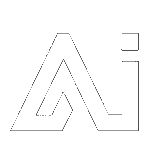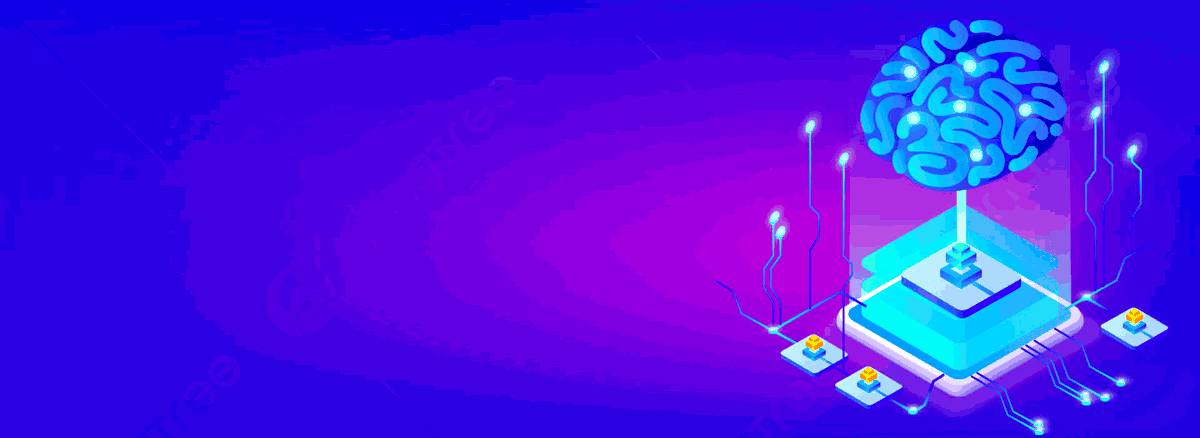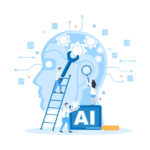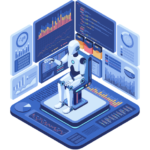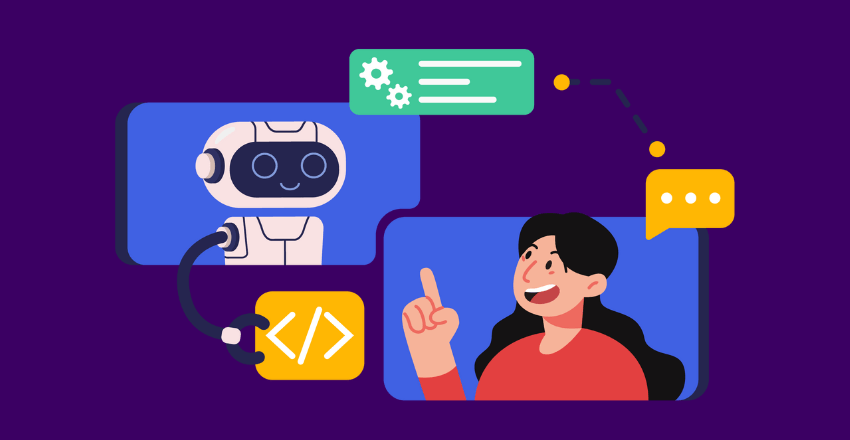 As the demand for AI engineers continues to rise, it becomes more crucial for organizations to ensure they are hiring the right candidates for the job.
As the demand for AI engineers continues to rise, it becomes more crucial for organizations to ensure they are hiring the right candidates for the job.
The interview process is a critical step in assessing an AI engineering job candidate’s abilities and ensuring they possess the skills necessary to meet the specific needs of the organization.
However, interviewing an AI engineer is not the same as interviewing for any other technical role. It requires a unique set of considerations and challenges.
Key Takeaways:
- An effective interview process is crucial in assessing AI engineering job candidates.
- Interviewing an AI engineer requires unique considerations and challenges.
- To make informed hiring decisions, it’s important to assess technical skills, problem-solving abilities, and communication skills.
Understanding the Role of an AI Engineer
Before conducting an interview for an AI engineer, it is important to have a clear understanding of the role and its responsibilities. An AI engineer is responsible for designing, developing, and implementing AI solutions that can automate processes and improve overall efficiency in an organization.
They play a crucial role in creating intelligent systems that can learn from data, improve accuracy, and make better decisions. Their technical skills primarily revolve around machine learning algorithms, deep learning frameworks, natural language processing, computer vision, and data analytics.
During the interview process, it is essential to evaluate the candidate’s knowledge of these technical skills, as well as their ability to apply them in real-world situations. It is also important to assess their problem-solving abilities, communication and collaboration skills, and cultural fit within the organization.
The AI engineering interview process should be tailored to assess the candidate’s ability to perform the job duties, with a focus on their technical skills and project experience.
This process should involve creating a structured interview, asking targeted questions, assessing the candidate’s technical skills and projects, evaluating their problem-solving and critical thinking abilities, and testing their communication and collaboration skills.
Preparing for the Interview
Conducting AI engineer interviews requires thorough preparation to ensure a successful outcome. Before scheduling the interview, it is necessary to research the candidate to gain insight into their skills, experience, and career aspirations. Reviewing their resume and portfolio can help to establish a baseline understanding of their technical abilities and the level of expertise they possess.
It is important to create a list of targeted questions that align with the skills and competencies required for the role. This will help to ensure that the interview is structured and focused on identifying the right candidate. Preparing a set of relevant questions will also help to avoid irrelevant questions that waste time and do not provide useful information.
When preparing for the interview, it is important to consider the nature of the role and the specific requirements of the organization. It is recommended to create a standardized interview process that evaluates all candidates equally. This will ensure fairness and consistency in the evaluation process.
Scheduling the interview in advance and providing candidates with appropriate details regarding the date, time, and location will show that you respect their time and are committed to a successful hiring process. Preparing for an AI engineer interview requires attention to detail, organization, and communication.
Creating a Structured Interview Process
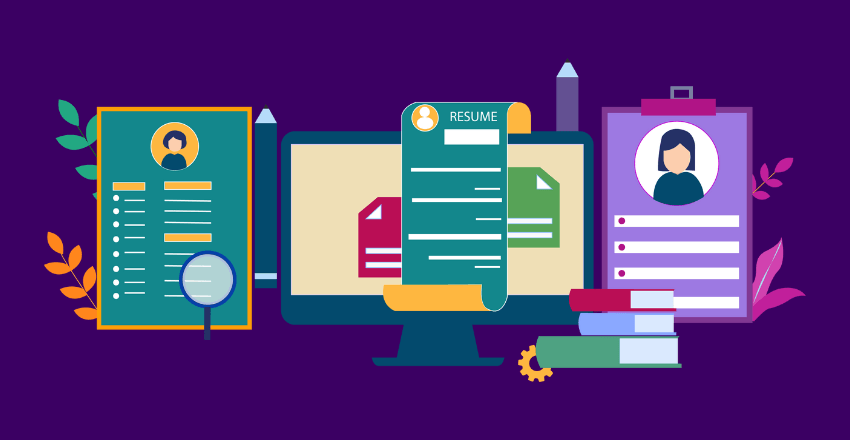
One of the most important aspects of conducting effective AI engineer interviews is having a structured approach. This means creating a consistent interview format that is tailored to the specific needs of your organization. Here are some tips for creating a structured interview process:
Decide on Interview Types
When interviewing AI engineering job candidates, it’s important to use a range of interview formats to assess different aspects of their skills and experience. This could include technical coding interviews, behavioral interviews, and case study scenarios. Decide on the type of interviews that will be most relevant to the job role and the skills required.
Prepare Interview Questions
Prepare a list of targeted questions based on the technical skills and competencies required for the role. This will help to ensure that you are asking relevant questions that will enable you to assess the candidate’s suitability for the job. Use a mix of open-ended and close-ended questions to gather both quantitative and qualitative data.
Assign Interviewers
Assign interviewers based on their expertise and the skills required for the job role. This could include senior AI engineers, technical leads or HR representatives. Ensuring that the right people are involved in the interview process will help to ensure that you get a comprehensive overview of the candidate’s skills and experience.
Set Evaluation Criteria
Set clear evaluation criteria based on the technical skills, experience and competencies required for the role. This will help to ensure that all interviewers are assessing candidates based on the same criteria. Use a rating scale or some other form of standardized evaluation method to ensure consistency across interviews.
Provide Feedback
After each interview, provide detailed feedback to the candidate. This will help to ensure that they understand how they performed in the interview and areas where they need to improve. Providing feedback also demonstrates that your organization values open and transparent communication.
By following these tips, you can create a structured interview process that will help you to assess AI engineering job candidates more effectively. This will, in turn, help you to make more informed hiring decisions based on their technical expertise and overall fit for the role.
Asking the Right Questions
Asking the right questions is crucial when assessing the technical expertise of AI engineering job candidates. The questions you ask should cover a range of topics, including machine learning concepts, algorithms, and tools.
Here are some AI engineer interview tips for asking the right questions:
- Start with foundational questions to assess the candidate’s understanding of machine learning concepts and algorithms.
- Ask about their experience with programming languages commonly used in AI, such as Python or R.
- Explore their experience with tools and frameworks, such as TensorFlow or Keras.
- Inquire about any experience with natural language processing, computer vision, and other specialized areas in AI.
- Ask about their experience with the full AI development cycle, from data preparation to deployment.
- Provide a hypothetical scenario and ask how they would approach the problem using AI tools and techniques.
Asking these types of questions will give you a more comprehensive understanding of the candidate’s technical knowledge and experience in AI engineering.
Assessing Technical Skills and Projects
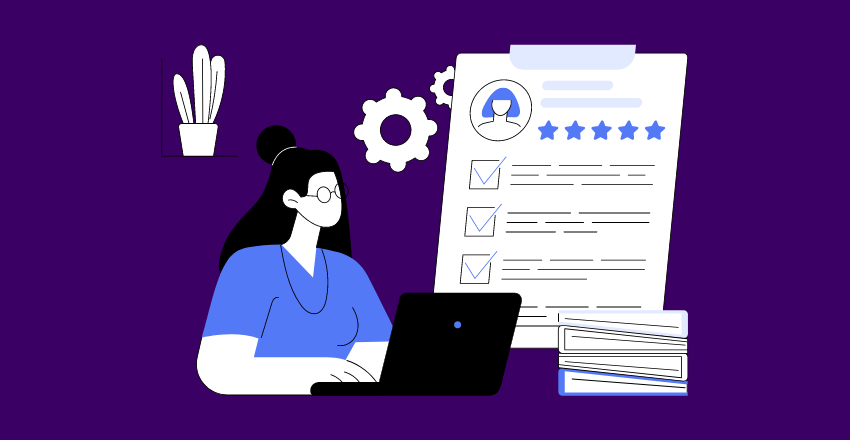
When assessing AI engineering job candidates, it is essential to evaluate their technical skills to ensure they have the necessary expertise for the role. This includes assessing their understanding of machine learning concepts and algorithms, as well as their experience with specific programming languages and tools.
One effective strategy for evaluating technical skills is to conduct coding exercises during the interview process. These exercises should be tailored to the specific needs of the organization and the role, and should aim to test the candidate’s problem-solving abilities and coding proficiency. Providing real-world scenarios or projects that mimic the work they will be doing on the job can also be an effective way to assess their technical skills.
Another important aspect of evaluating technical skills is reviewing the candidate’s past projects. This can provide insights into their experience with AI-related projects and the quality of their work. Additionally, it can help assess their ability to apply theoretical knowledge to practical scenarios.
Overall, assessing technical skills and projects requires careful consideration and planning. It is important to create a comprehensive evaluation process that effectively measures the candidate’s technical expertise and problem-solving abilities.
By doing so, organizations can make informed hiring decisions and ensure they are hiring the best candidates for their AI engineering roles.
Evaluating Problem-Solving and Critical Thinking Abilities
One of the most important skills for an AI engineer is their ability to solve complex problems and think critically. As such, it’s crucial to assess this ability during the interview process.
One effective technique for evaluating problem-solving skills is presenting candidates with hypothetical scenarios and asking them to walk through their thought process in finding a solution. This can provide insight into their ability to analyze problems, identify potential solutions, and present their reasoning.
It’s also important to evaluate critical thinking skills during the interview process. This can be done by asking candidates to explain their approach to a complex problem they’ve previously solved. It can also be helpful to ask candidates about their experience working in a fast-paced environment or under pressure, as this can provide insight into how they approach problem-solving.
Be sure to evaluate the candidate’s ability to learn quickly and adapt to new situations. As AI technology continues to evolve rapidly, it’s important to hire engineers who are able to keep up with new developments and apply them to their work.
By using these techniques to evaluate a candidate’s problem-solving and critical thinking abilities, you can ensure that you’re hiring an AI engineer who is capable of performing well in a fast-paced, complex work environment.
Assessing Communication and Collaboration Skills
When evaluating an AI engineering job candidate, it’s essential to assess their communication and collaboration skills. Since AI engineers often work in multidisciplinary teams, they need to communicate technical ideas effectively and work collaboratively with others.
Below are some tips for assessing these skills during the interview:
- Ask behavioral interview questions: Behavioral interview questions are a great way to evaluate a candidate’s communication and collaboration skills. Ask the candidate about a time when they had to work with a team to complete a project or solve a problem. Look for examples of how they communicated with their team, the role they played in the project, and how they handled any conflicts.
- Assess technical communication skills: Ask the candidate to explain a technical concept in layman’s terms. Evaluate their ability to communicate complex ideas in simple language. You can also give them a technical scenario and ask them to provide a detailed explanation of their approach and thought process.
- Review past projects: Look at the candidate’s past projects to evaluate their collaboration skills. Determine if they worked on a team and how they contributed to the project’s success. If possible, try to contact the candidate’s former team members to learn more about their collaboration skills.
By evaluating a candidate’s communication and collaboration skills, you can ensure they will work well in a team and communicate effectively with other team members.
Practical Challenges and Examples
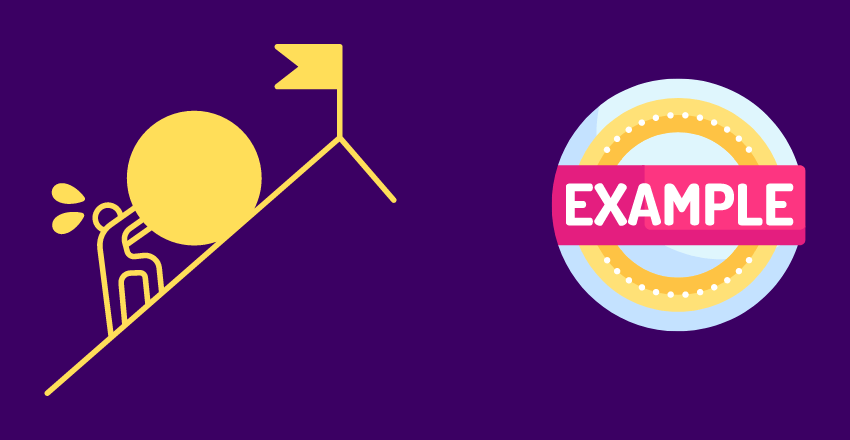
Practical challenges and case studies can be an effective way to evaluate an AI engineer’s problem-solving skills and their ability to apply their theoretical knowledge to real-world scenarios. By giving the candidate a problem to solve or a case study to analyze, you can see how they approach complex AI-related problems and whether they can identify viable solutions.
One potential challenge is to present the candidate with a dataset and ask them to develop an algorithm to classify the data. This will allow you to assess their knowledge of machine learning algorithms and their ability to write efficient code. It can also help you identify any gaps in their technical knowledge that need to be addressed.
Another option is to provide an example related to a real-world AI application, such as autonomous vehicles or natural language processing. The candidate can be asked to analyze the example and provide a solution that addresses the specific challenges presented. This can help you test their critical thinking abilities and their ability to apply their knowledge to practical problems.
It is essential to design challenges and examples that are relevant to the specific role and requirements. This will help you assess the candidate’s ability to meet the challenges they will encounter in their day-to-day work.
Tip: You can also consider conducting a code review of the candidate’s past projects. This can provide valuable insights into their coding style and technical abilities.
Making an Informed Hiring Decision
After completing the interview process for AI engineering job candidates, it’s crucial to use the collected information to make an informed hiring decision. When evaluating candidates, it’s essential to consider both technical skills and cultural fit within the organization.
Technical skills are vital for AI engineers, but cultural fit is also significant. Cultural fit refers to the alignment of the candidate’s values, attitude, and personality with those of the organization.
As AI engineers often work in multidisciplinary teams, cultural fit is essential to ensure smooth collaboration and teamwork.
To make an informed hiring decision, review the information collected during the interview process, including the candidate’s technical skills, problem-solving abilities, critical thinking skills, collaboration, and communication skills. It’s essential to consider both their strengths and weaknesses.
Additionally, it’s helpful to seek feedback from other members of the hiring team who participated in the interview process. This feedback can provide a valuable perspective on the candidate’s overall fit within the organization and their potential contributions to the team.
It’s essential to ensure that all hiring decisions comply with company policies and legal requirements.
This includes verifying the candidate’s qualifications and conducting background checks, as appropriate.
Conducting AI engineer job interviews and selecting the right candidate for the job is an important process that requires careful planning, preparation, and evaluation.
External Resources
https://kissflow.com/digital-workplace/collaboration/how-to-inspire-communication-and-collaboration/
FAQ
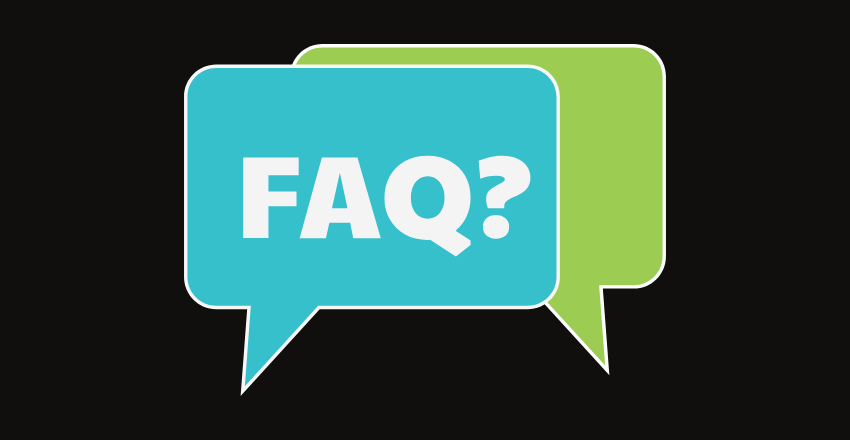
Q: How important is it to interview AI engineers?
A: Interviewing AI engineers is crucial in making informed hiring decisions for AI engineering roles. It allows for assessing their technical skills, problem-solving abilities, and suitability for the specific needs of the organization.
Q: What are the specific challenges in interviewing AI engineers?
A: Interviewing AI engineers can be challenging due to the complex nature of their work. Evaluating their technical expertise, understanding of AI algorithms, and ability to solve complex problems require a thorough interview process.
Q: How should I prepare for an AI engineer interview?
A: Before conducting an AI engineer interview, it is essential to research the candidate, review their resume and portfolio, and prepare a list of targeted questions based on the technical skills and competencies required for the role.
Q: What is the importance of a structured interview process?
A: A structured interview process is crucial for assessing AI engineering job candidates. It helps maintain consistency, ensures all necessary aspects are covered, and provides a fair evaluation of each candidate’s abilities.
Q: What kind of questions should I ask in an AI engineer interview?
A: Asking relevant questions that evaluate an AI engineer’s technical expertise, problem-solving abilities, knowledge of AI algorithms and frameworks, and experience with programming languages and tools is essential in assessing their suitability for the role.
Q: How can I evaluate an AI engineer’s technical skills and projects?
A: Evaluating an AI engineer’s technical skills can be done through coding exercises, reviewing their past projects, and assessing their understanding of machine learning concepts and algorithms.
Q: What should I look for in terms of problem-solving and critical thinking abilities?
A: When evaluating an AI engineer’s problem-solving and critical thinking abilities, it is important to assess their approach to identifying and solving complex AI-related problems and their ability to handle challenges effectively.
Q: Why are communication and collaboration skills important for AI engineers?
A: Communication and collaboration skills are crucial for AI engineers as they often work in multidisciplinary teams. Assessing an AI engineer’s ability to explain technical concepts, communicate ideas effectively, and collaborate with others is essential.
Q: Should I incorporate practical challenges and case studies in the interview process?
A: Yes, incorporating practical challenges and case studies can be beneficial in assessing an AI engineer’s problem-solving skills and their ability to apply theoretical knowledge to real-world scenarios. It provides a more comprehensive evaluation of their capabilities.
Q: How can I make an informed hiring decision based on the interview process?
A: To make an informed hiring decision, it is important to consider both the technical skills demonstrated during the interview and the cultural fit within the organization. The collected information should be carefully evaluated to determine the best candidate for the AI engineering role.
Benjamin Bale is a distinguished expert in the field of AI development and an esteemed author for the “Hire AI Developer” blog. With a remarkable decade-long experience in the industry, Benjamin has cemented his reputation as a leading authority in AI app and website development, as well as AI backend integrations. His profound passion for AI and its transformative potential is evident in every aspect of his work.
Benjamin’s journey into the world of AI began at Edinburgh University, where he pursued his studies in AI and Mathematics. It was during this time that he cultivated a deep understanding and fascination for the subject. Throughout his career, Benjamin has accumulated extensive experience working with industry giants such as Goldman Sachs, Tencent, and Ali Express. These invaluable experiences have not only sharpened his skills in integrating existing systems with AI APIs but have also solidified his status as a consummate professional in the field.
Currently residing in the vibrant city of London, Benjamin finds solace in his role as both an author and developer. Beyond his professional endeavors, he takes great joy in the company of his faithful canine companion, Chad, and indulges his passion for snowboarding in the picturesque mountains of France. Benjamin’s unwavering dedication to advancing AI technology, combined with his wealth of knowledge and practical expertise, make him an invaluable asset to the “Hire AI Developer” team and an invaluable resource for readers seeking profound insights into the realm of AI.
